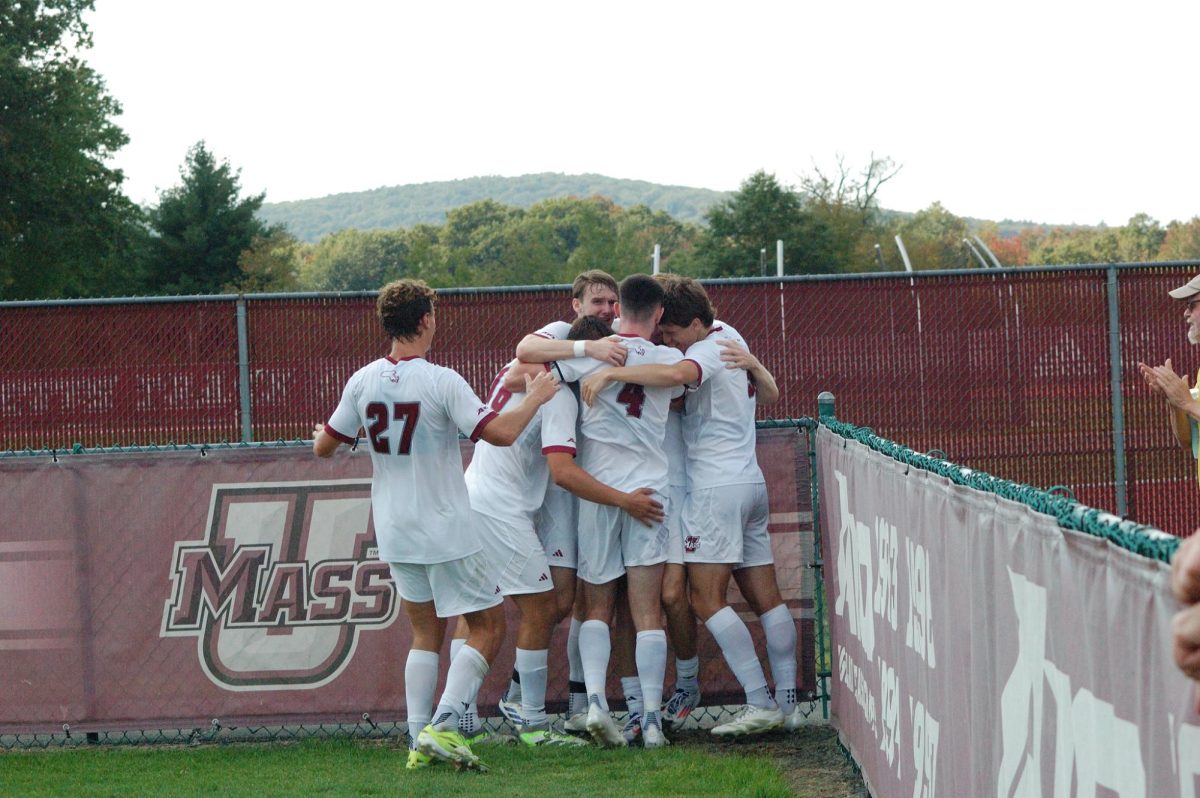We are surrounded by “patriotism.” You can find American flags anywhere from coffee mugs to the printed land-of-the-free-home-of-the-bikers-T-shirt that fat guy is always wearing at the local pub. So is that what patriotism is? Hardly so, but many believe it to be that way.
So what is patriotism? What does it mean to be patriotic? What does the word even mean? Well if you think about it, it has to have some meaning other than what we use it for today. The word comes from indo-European origins. It denotes a relationship to a land of your “pater” or in English, father. Patriotism is a love of your fatherland, the land in which your ancestors are rooted.
So how did such a deep word become so shallow? How did a word that meant love of tradition and values come to mean the love of displaying colors? The answer is complex and has much to do with one simple fact: America is not the fatherland of Americans.
America is a land of immigrants. Surely Native Americans may object because they were here first, but at one point they came here too. The point is that there is no deep sense of patriotism in America, at least not true patriotism. Sure we fly one flag above all other flags but what does that mean? Do you believe in colored cloth or what it stands for?
The question becomes, can the United States of America, the asexually-produced bastard child of the British Empire, be patriotic in the true sense of the word?
The answer is yes. This is possible because Americans are not a people of a particular race, religion, ethnicity or any other one of those imagined boundaries. Rather, true Americans are people who believe in certain ideals. These ideals have fathers, those individuals that we call the forefathers. The likes of Jefferson, Madison, Washington and so on are individuals we are taught to revere but never to understand.
If Americans hold these values in the highest regard, and those early revolutionaries are the forefathers of those values, patriotism in the United States can only truly exist as a love of those values. Loving and defending the right to speak freely and elect your government are examples of being a true American patriot.
So now having redefined patriotism, we must be wary of anything else that goes by the same name. Perhaps the most perfect example is the USA Patriot Act. Under a true definition of patriotism, this act, if you read it unlike most members of congress who admitted they hadn’t before passing it, would more appropriately be called an Act of Treason. The authors behind the federalist papers who told us that, “ambition must counteract ambition” are rolling in their graves over the reduced checks and balances that the Act of Treason allows. Jefferson, who fought to include the Bill of Rights in the Constitution to guarantee an individuals safety from state action, would be appalled if he could see how this Act of Treason stomps on amendment after amendment.
A true patriot would oppose this Act of Treason because it goes against everything upon which this nation was founded. A true patriot would be enraged at how their forefathers have been insulted. A true patriot would take action, not sit quietly like an apathetic loyalist to the crown. The time to object is now because the longer we stay quiet the greater the powers of the government over the people will be. Perhaps if we oppose this Act of Treason, we can collect the shreds of the Bill of Rights out of the trash receptacle and piece them back together to form a better tomorrow.
One of our greatest, if not wisest, forefathers saw this coming upon the drafting of the Constitution. Benjamin Franklin’s words speak with relevance to today’s increasingly apathetic public. “I agree to this constitution with all its faults,” he said, “and I believe farther that this is likely to be well-administered for a course of years and can only end in despotism as other forms have done before it, when the people shall become so corrupted as to need despotic government, being incapable of any other.”
Franklin lived in an era when the people he spoke of demanded certain rights and believed them to be inalienable. Today, with growing apathy and despotism, that demand is diminishing and the corruption Franklin warned of is coming true. That corruption is accepting patriotism to be a display of colored banners instead of accepting patriotism to be fighting for what those colors stand for.
Have we become a corrupted society? If we haven’t yet we are surely on our way. It is your choice to decide whether or not to reverse that. It is your choice to decide whether or not you want to be a true patriot.
Yousef Munayyer is a Collegian columnist.






